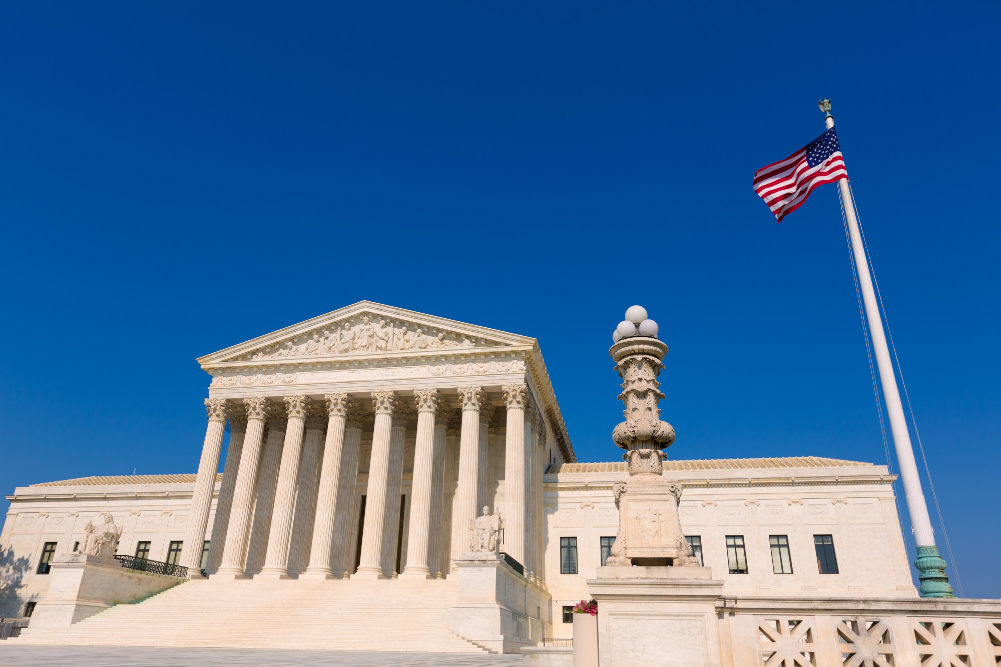The United States Supreme Court majority continued in relevant part: The indictment also contains various allegations regarding Trump’s conduct in connection with the events of January 6 itself. The alleged conduct largely consists of Trump’s communications in the form of Tweets and a public address. The President possesses “extraordinary power to speak to his fellow citizens and on their behalf.” Trump v. Hawaii, 585 U. S. 667, 701. So, most of a President’s public communications are likely to fall comfortably within the outer perimeter of his official responsibilities. There may, however, be contexts in which the President speaks in an unofficial capacity—perhaps as a candidate for office or party leader. To the extent that may be the case, objective analysis of “content, form, and context” will necessarily in form the inquiry. Snyder v. Phelps, 562 U. S. 443, 453. Whether the communications alleged in the indictment involve official conduct may depend on the content and context of each. This necessarily fact bound analysis is best performed initially by the District Court. The Court therefore remands to the District Court to determine in the first in stance whether this alleged conduct is official or unofficial.
Presidents cannot be indicted based on conduct for which they are immune from prosecution. On remand, the District Court must carefully analyze the indictment’s remaining allegations to determine whether they too involve conduct for which a President must be immune from prosecution. And the parties and the District Court must ensure that sufficient allegations support the indictment’s charges without such conduct. Testimony or private records of the President or his advisers probing such conduct may not be admitted as evidence at trial.
Trump asserts a far broader immunity than the limited one the Court recognizes, contending that the indictment must be dismissed because the Impeachment Judgment Clause requires that impeachment and Senate conviction precede a President’s criminal prosecution. But the text of the Clause does not address whether and on what conduct a President may be prosecuted if he was never impeached and convicted. See Art. I, §3, cl. 7.
Adopting Trump’s extreme position would enable Presidents to have immunity for any action “official” or “unofficial,” so long as it occurred towards the end of their term. Impeachment and a Senate conviction are time-consuming processes. Those processes could not be completed if the conduct at issue occurred during the final weeks or months of a President’s term.

